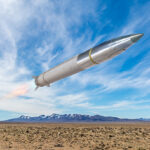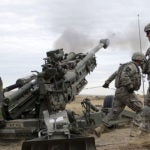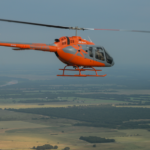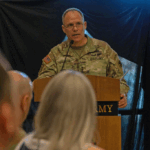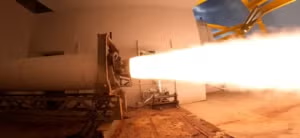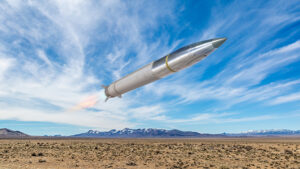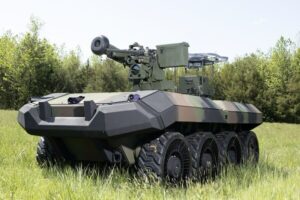
Sensor solutions firm McQ has said its team for the Army’s Robotic Combat Vehicle (RCV) includes BAE Systems and HDT Expeditionary Systems, with the group set to deliver the WOLF-X platform for the program. McQ, which is one of four firms selected for the first phase of RCV, is the prime contractor for the effort and said its providing “systems engineering for acoustic ISR, video processing, and safety critical systems on the vehicles,” while HDT is the lead vehicle developer…

 By
By 